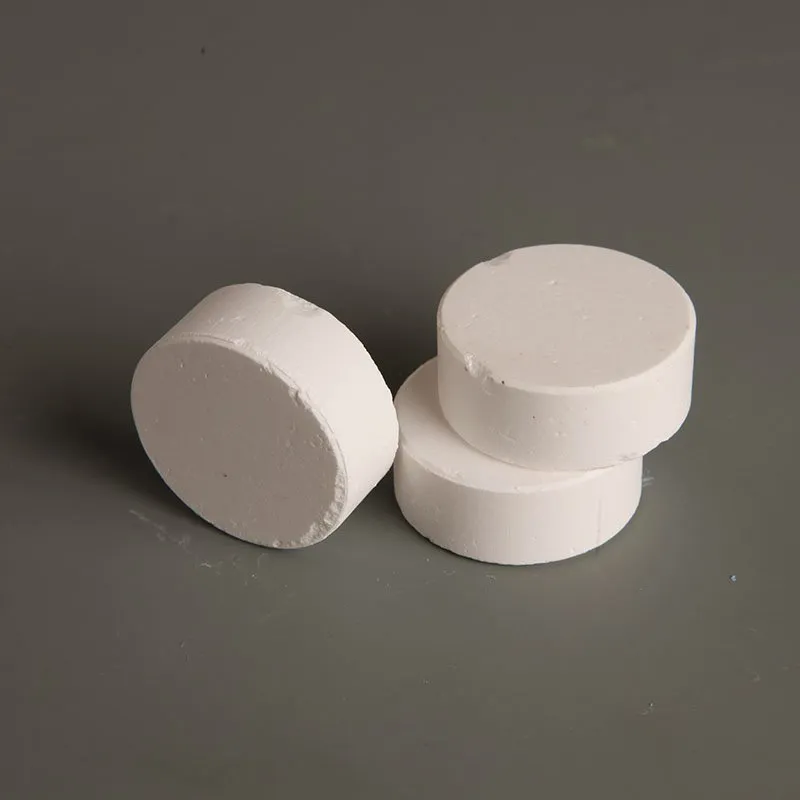



what chemicals are used in wastewater treatment plants
Chemicals Used in Wastewater Treatment Plants
Wastewater treatment is an essential process necessary to protect public health and the environment. As urbanization and industrialization increase, so does the volume and complexity of wastewater generated. To effectively manage this, wastewater treatment plants (WWTPs) deploy various chemicals to facilitate the treatment process. This article will discuss the key chemicals used in these plants, their functions, and their significance in ensuring that treated water meets health and environmental standards.
One of the primary chemicals used in wastewater treatment is chlorine. Chlorination is typically used as a disinfection process to eliminate harmful pathogens from treated water before it is discharged or reused. Chlorine is effective in killing a wide range of bacteria, viruses, and protozoa; however, its use necessitates careful management due to the formation of disinfection byproducts (DBPs), which can pose health risks. As a result, many WWTPs are now adopting alternatives such as ultraviolet (UV) light and ozone for disinfection, which do not create as many harmful byproducts.
Another critical chemical group used in wastewater treatment is coagulants, such as aluminum sulfate (alum) and ferric chloride. Coagulants are employed to remove suspended solids and colloids from wastewater. These substances help aggregate smaller particles into larger flocs that can be easily sedimented and separated from the water. The coagulation and flocculation processes are vital for enhancing the efficiency of subsequent treatment stages, including sedimentation and filtration.
Polymers are often used in conjunction with coagulants to aid in the flocculation process. These organic compounds enhance the stability of flocs, improving their settling and reducing the time required for clarification. Both anionic and cationic polymers are commonly used, depending on the water's specific characteristics and the treatment goal. The successful application of polymers can significantly reduce the volume of sludge generated, promoting more efficient waste management.
what chemicals are used in wastewater treatment plants

pH adjustment is also a critical step in wastewater treatment, often accomplished using chemicals like sulfuric acid or sodium hydroxide. Maintaining an optimal pH level is crucial for maximizing the efficiency of biological processes and minimizing corrosion or scaling in equipment. The ability to fine-tune pH levels can significantly influence the overall effectiveness of nutrient removal, particularly nitrogen and phosphorus, which can otherwise lead to eutrophication if discharged into receiving water bodies.
Nutrient removal is another essential aspect of wastewater treatment. Chemicals such as ammonium sulfate and phosphoric acid are used to address nitrogen and phosphorus concentrations, respectively. These nutrients can contribute to algal blooms and subsequent oxygen depletion in aquatic environments. Biological nutrient removal (BNR) processes may also involve carbon sources, like molasses or glucose, as well as specific treatment chemicals to facilitate the growth of microorganisms that can effectively assimilate these nutrients.
Moreover, activated carbon is often employed in advanced treatment stages to adsorb organic pollutants and residual contaminants in wastewater. This process can significantly improve the quality of effluent water, making it suitable for various reuse applications such as irrigation or industrial processes.
Lastly, odor control is an important consideration in wastewater treatment. Chemicals like sodium hypochlorite or calcium hydroxide can be used to mitigate foul odors, primarily generated by hydrogen sulfide and other volatile compounds. Effective odor control not only improves the work environment for plant operators but also reduces nuisance complaints from surrounding communities.
In conclusion, the array of chemicals used in wastewater treatment plants plays a fundamental role in enhancing the treatment process, promoting public health, and protecting the environment. The careful selection and management of these chemicals are crucial for achieving compliance with regulatory standards and ensuring that treated water is safe for discharge or reuse. As technology advances and more sustainable practices are developed, the industry will continue to evolve, focusing on integrating innovative chemical solutions and reducing reliance on harmful substances.
-
Why Sodium Persulfate Is Everywhere NowNewsJul.07,2025
-
Why Polyacrylamide Is in High DemandNewsJul.07,2025
-
Understanding Paint Chemicals and Their ApplicationsNewsJul.07,2025
-
Smart Use Of Mining ChemicalsNewsJul.07,2025
-
Practical Uses of Potassium MonopersulfateNewsJul.07,2025
-
Agrochemicals In Real FarmingNewsJul.07,2025
-
Sodium Chlorite Hot UsesNewsJul.01,2025










